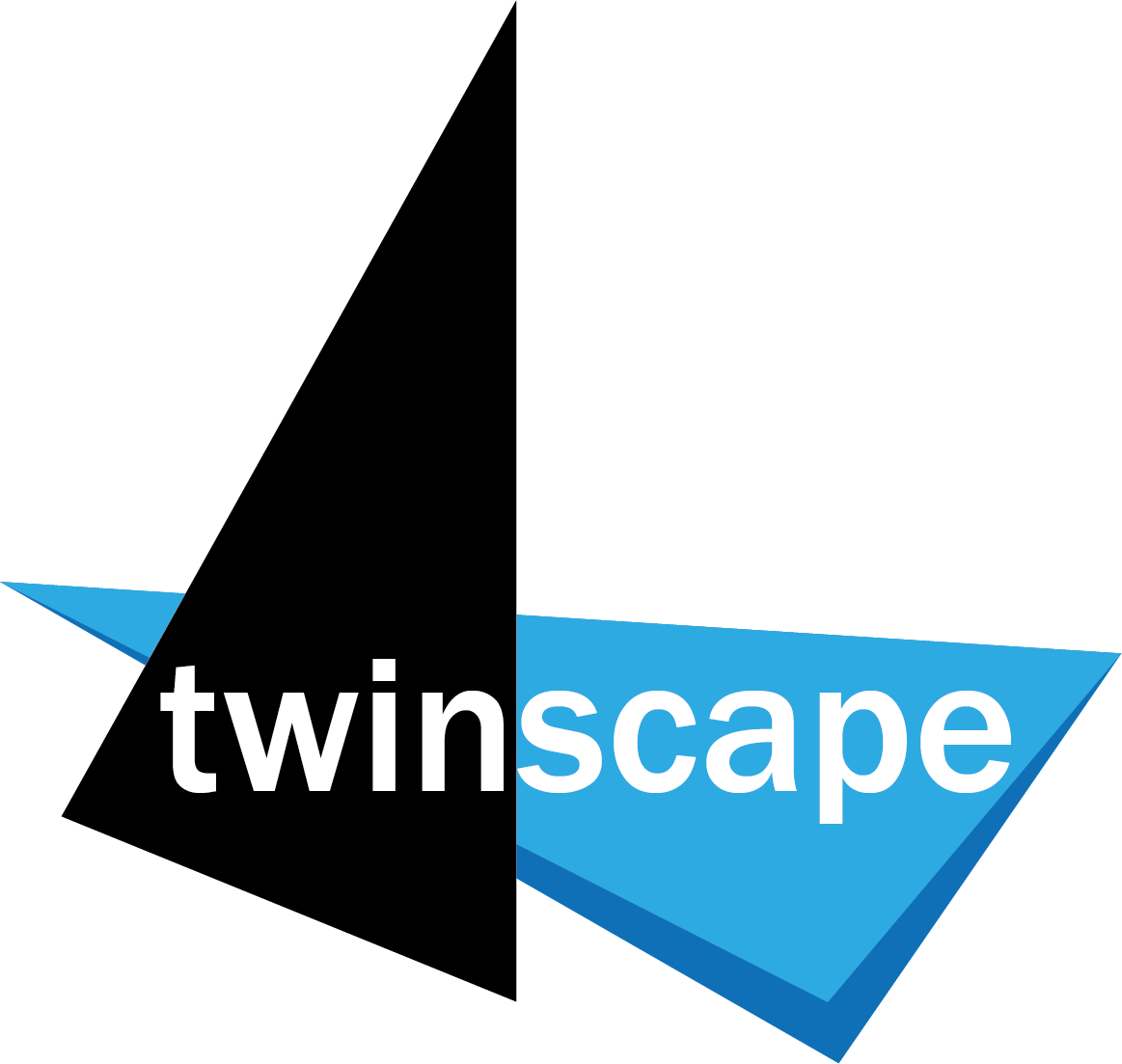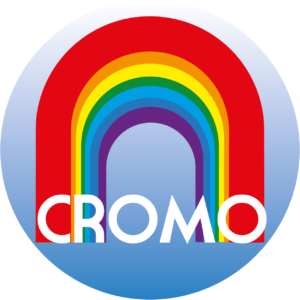Projects
WHAT ARE WE DOING
Research and Development in XR and Interactive Media
Picaresque is a development studio specialized in XR experiences, historical videogames and applications that promote cultural heritage, education, and community engagement.
We work at the intersection of narrative and innovation, collaborating with experts across various disciplines to create experiences that bridge the past and the present, designing smart products that serve people, places, and purpose.
Picaresque develops and consults on both commercial products and research projects, offering creative solutions that adapt to a wide range of industries, always with a focus on impact, collaboration, and care.
XRTourGuide
Rural Communities, XR

Call: Open Call winner of the Futural European Project Futural has received funding from the European Union’s HORIZON-CL6-2022-COMMUNITIES-02-two-stage programme under grant agreement Nº 101083958
More info about the project
Type: European Project
Ref: Grant Agreement Nº 101083958
Duration: 12 Months (Jun '25 - May '26)
Budget: 119.880 €
Contribution: 49.080 €
Role: Partner
Website: https://isislab-unisa.github.io/XRTourGuide/
XRTourGuide is a web and mobile-based XR platform designed to promote rural communities by making cultural heritage and local knowledge more accessible. Using a dedicated authoring tool, users can create interactive virtual tours, tagging artwork, monuments, landscapes, food, culture and more, and adding text, audio, video, images and 3D models.
The companion mobile app uses AI-powered visual recognition to overlay these rich media experiences onto the real world, making exploration more engaging and enabling social sharing. Developed in collaboration with communities and stakeholders in Bussento, Lambro and Mingardo, XRTourGuide supports multilingual content and cloud-native scalability, thereby boosting tourism, community engagement, local economies and sustainable cultural preservation.
XRTwinScape
Digital Twin, Education, XR

Call: Open Call 2 winner of the XR2Learn European Project XR2Learn has received funding from the European Union’s Horizon Research and Innovation programme under grant agreement Nº 101092851
More info about the project
Type: European Project
Ref: Grant Agreement Nº 101092851
Duration: 12 Months (Apr '25 - Mar '26)
Budget: 300.000 €
Contribution: 100.000 €
Role: Partner
Website: https://isislab-unisa.github.io/XRTwinScape/
XRTwinScape is an innovative platform that transforms a simple smartphone‐recorded video into a photorealistic Digital Twin in just a few hours, ready to be explored in Virtual Reality or directly in the browser. Using Gaussian Splatting and an intuitive web interface, vocational schools, small businesses and training centres can produce high-quality XR content without investing in expensive hardware or requiring specialist technical knowledge.
Through the integration of spatially anchored multimedia annotations and a AI-Based Personalization Engine that dynamically adjusts the complexity of activities in real time, XRTwinScape allows learners to familiarize themselves with procedures and machinery in a safe virtual environment, significantly reducing both learning time and operational risks. Distribution via web or VR headset enables immersive lessons to be shared and scaled to an unlimited number of users, encouraging collaboration and supporting a training model aligned with the principles of Industry 5.0.
Cromo
Cultural Heritage, XR

Call: PNRR Project: PE00000020 | PE5 – CHANGES “Cultural Heritage Active Innovation for Next-Gen Sustainable Society” Spoke 8 - Sustainability and Resilience of Tangible Cultural Heritage CUP B53C22003780006
More info about the project
Type: National Project (PNRR)
Ref: CUP B53C22003780006
Duration: 14 Months (Oct '24 - Nov '25)
Budget: 482.958 €
Contribution: 20.685 €
Role: Subcontractor
Website: https://www.progettocromo.it
The project develops a distributed platform that enables users to contribute photographs for monitoring cultural heritage sites, which are then analyzed by artificial intelligence tools to support management decisions. It addresses the complex challenges of monitoring, managing, and governing widespread cultural assets, often fragmented across large territories, by fostering active participation of local communities. Focusing on tangible heritage along the Via Appia in Campania, it seeks to raise awareness of its value while testing scalable and replicable management models.
Citizens and stakeholders are engaged in participatory monitoring, data collection, and decision-making processes. The initiative combines research, industrial development, and experimentation, integrating enabling technologies, gamification, augmented reality, and a token-based reward system CROMO-points to enhance knowledge, encourage active involvement, and promote sustainable governance strategies.